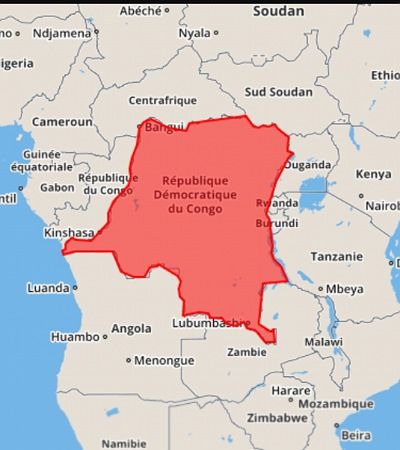[et_pb_section fb_built= »1″ admin_label= »section » _builder_version= »4.4.8″ _dynamic_attributes= »link_option_url » link_option_url= »@ET-DC@eyJkeW5hbWljIjp0cnVlLCJjb250ZW50IjoicG9zdF9saW5rX3VybF9hdHRhY2htZW50Iiwic2V0dGluZ3MiOnsicG9zdF9pZCI6IjE2NDQifX0=@ »][et_pb_row admin_label= »row » _builder_version= »3.25″ background_size= »initial » background_position= »top_left » background_repeat= »repeat »][et_pb_column type= »4_4″ _builder_version= »3.25″ custom_padding= »||| » custom_padding__hover= »||| »][et_pb_text admin_label= »Text » _builder_version= »4.4.8″ _dynamic_attributes= »link_option_url » background_size= »initial » background_position= »top_left » background_repeat= »repeat » link_option_url= »@ET-DC@eyJkeW5hbWljIjp0cnVlLCJjb250ZW50IjoicG9zdF9saW5rX3VybF9hdHRhY2htZW50Iiwic2V0dGluZ3MiOnsicG9zdF9pZCI6IjE2MDMifX0=@ » hover_enabled= »0″] Pendant les années Kabila, la banalisation de la violence s’est développée en totale impunité, et les commanditaires des assassinats des 10 journalistes tués sous sa présidence n’ont jamais été traduits en justice. La liberté d’informer était également malmenée en ligne, où internet était régulièrement coupé et où les réseaux sociaux étaient bloqués, comme ce fut le cas lors de la dernière élection présidentielle. Bien qu’elles aient connu…
mercredi, janvier 14, 2026
Recent posts
- GUERRE D’AGRESSION DANS L’EST DE LA RDC: Le lobbying gagnant gagnant de JED à Stockholm
- Tuver Wundi, correspondant de JED à Goma et Directeur provincial de la Rtnc est détenu, depuis 48 heures, dans les locaux de l’ANR à Kinshasa.
- Le mouvement rebelle de l’AFC-M23 renforce les restrictions contre les médias dans les territoires sous occupation.
- JED écrit au Ministre de la Justice pour faire cesser les arrestations intempestives des journalistes
- JED demande aux responsables rebelles de l’AFC /M23, de clarifier le meurtre d’un journaliste à Bukavu sous leur contrôle.

